Luu Thien Huong: "It is recommended to use edited beats"
Recently, social networks were stirred up by the incident where musician Luu Thien Huong accused Meritorious Artist MH - a lecturer at the Ho Chi Minh City Conservatory of Music - of throwing a phone at her, violating the ethics of teaching.
Luu Thien Huong believes that the behavior in the clip of the MH lecturer stems from a conflict over professional expertise.
Accordingly, in a recent exam, MH lecturer did not allow students to use "mastered beats" - beats with processed sound and required students to retake the exam because one student's beat was better than another student's.
(Beat is a term commonly used in music theory to represent rhythm and beat, the thread that connects the parts of a song together - PV).
When Luu Thien Huong spoke up to explain and protect the student, her colleague threw a phone at her.
The incident sparked much discussion among audiences and experts about the concept and application of the term "mastered beat".

Musician Luu Thien Huong has taught at the Ho Chi Minh City Conservatory of Music for 5 years (Photo: Facebook character).
On the morning of January 13, Dan Tri reporter contacted musician and singer Luu Thien Huong to learn more about the professional factors in the controversial case.
Luu Thien Huong explains: "The exact word is 'mixed and mastered beat'. This is a piece of music that has been processed and adjusted in terms of loudness and softness, helping the music to be consistent and best. A 'demo beat' is a test piece of music, like a dish that hasn't been fully seasoned yet."
When Dan Tri reporter asked whether students using edited beats could be easily understood as lip-syncing, Luu Thien Huong affirmed that the quality of the beat has nothing to do with the singing voice.
"A processed beat can have vocals or not, but if the beat is unprocessed, the sound will be uneven. Using a complete beat is necessary because it gives the best sound, so it is recommended.
Beat quality has nothing to do with good or bad vocals. For professional musicians, no one uses experimental beats. Beat mixing and mastering are complete, polished beats, but that doesn't mean you can add vocals or lip-sync. This is very basic for a professional musician," the musician said.
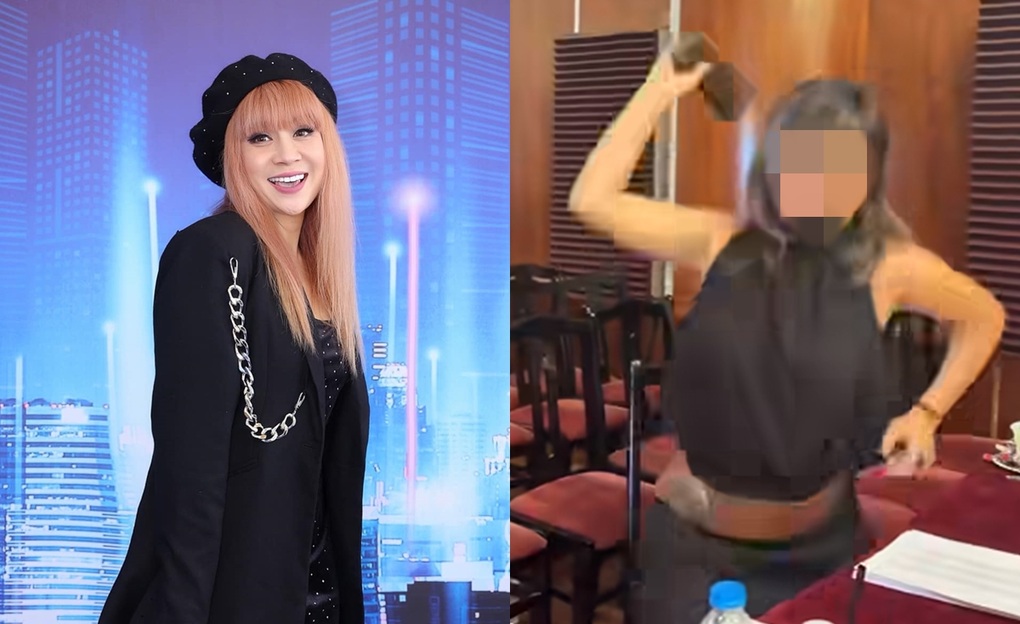
Luu Thien Huong (left) and Meritorious Artist MH had a professional conflict (Photo: Screenshot).
Luu Thien Huong believes that teachers who teach in a professional environment, training future music teachers, should not be conservative but must update on light music and new technology.
What do the experts say?
To better understand the concept of "mastered beat" and related factors, Dan Tri reporter contacted Dr. Glu - music producer, chief engineer of the recording department of MCMA (a training center in the field of music engineering applying technology in Ho Chi Minh City).
Dr. Glu said that "beat mixing and mastering" is the final step when processing a song, helping the instrumental sound to be full, "tight", clean, and best blended.
"The problem here is that many people may wonder whether the final beat is the part of the music with added backing vocals or not. It is true that there are currently a series of beats with backing vocals, but the process of processing the sound of the beat to make it full and complete has nothing to do with whether or not there are backing vocals in it.
I think that people who are not experts may misunderstand the concept. But people who understand music, studio workers or professional singers will not be confused about the fact that a mixed and mastered beat is a beat with backing vocals," said the producer.
According to producer Dr. Glu, he does not judge the expertise or knowledge of any individual. Music school regulations regarding students using beats that have undergone final processing also vary. However, "it is acceptable for people who specialize in pre-production to confuse the concept of post-production".
"However, I insist that a mixed, mastered beat is the one to use, as it has gone through the final stages of audio production," Dr. Glu added.
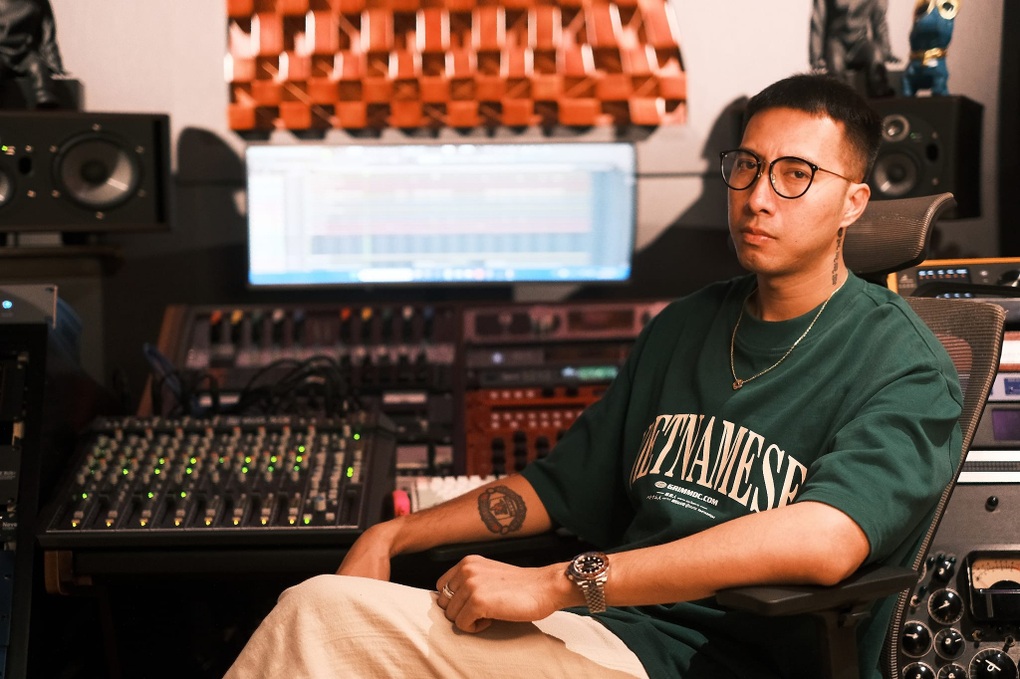
Musician, singer Only C (Photo: Facebook character).
Similar to the above producer's point of view, musician and singer Only C also believes that the final edited beat is a popular and widely used concept today.
"Some teachers don't allow students to compete on edited beats, that depends on each person's point of view. But experimental beats only exist in the studio, but when singing or performing, everyone will use fully processed beats," Only C said.
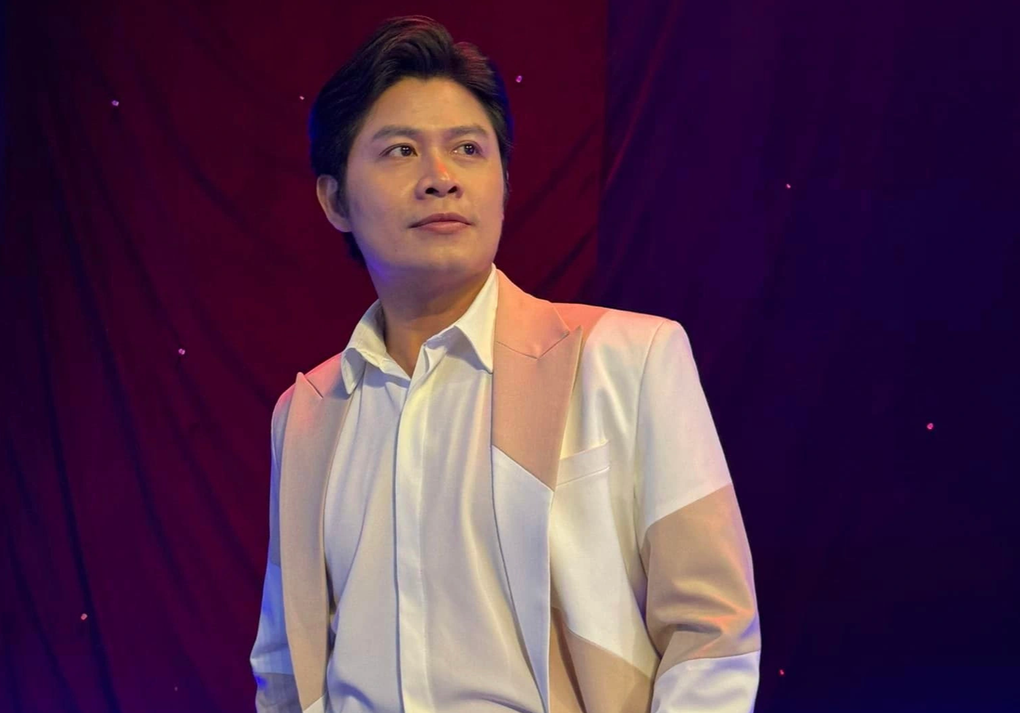
Musician Nguyen Van Chung spoke up about the incident (Photo: Facebook character).
Talking to Dan Tri reporter, musician Nguyen Van Chung pointed out the difference between the concepts of "beat demo" and "beat master".
Accordingly, a demo beat is a basic completed mix, with all the instruments, but not polished, not adjusted in volume and space of the music. The purpose of the test beat is to help the singer grasp the melody and style of the music.
A "beat master" is a mix that has all the instruments, is carefully balanced in volume and space, and has a range of sounds. This type of beat does not have a range of sounds and is qualified for singers to record.
According to Nguyen Van Chung, each school has its own rules and regulations regarding whether or not students are allowed to compete on modified music or sing live with an accompanist. The rules depend on each school’s own educational goals.
Musicians do not consider it "conservative" for a teacher to not allow students to use completed beats.
"However, as a lecturer, you should update your basic knowledge of music production and performance to be able to train students closer to the reality of the profession, support them better when working, and avoid misunderstandings and disputes that cause conflicts among lecturers," Nguyen Van Chung said.
Regarding the incident, on the morning of January 13, speaking with Dan Tri reporter, Dr. Hoang Ngoc Long - Acting Director of the Ho Chi Minh City Conservatory of Music - said that in the meeting on the evening of January 12 of the Conservatory's Board of Directors, the school agreed to reprimand lecturer MH.
The head of the school said that lecturer MH himself admitted that his behavior was uncontrolled and inappropriate.
Source




![[Photo] General Secretary To Lam attends the 80th Anniversary of the Cultural Sector's Traditional Day](https://vstatic.vietnam.vn/vietnam/resource/IMAGE/2025/8/23/7a88e6b58502490aa153adf8f0eec2b2)





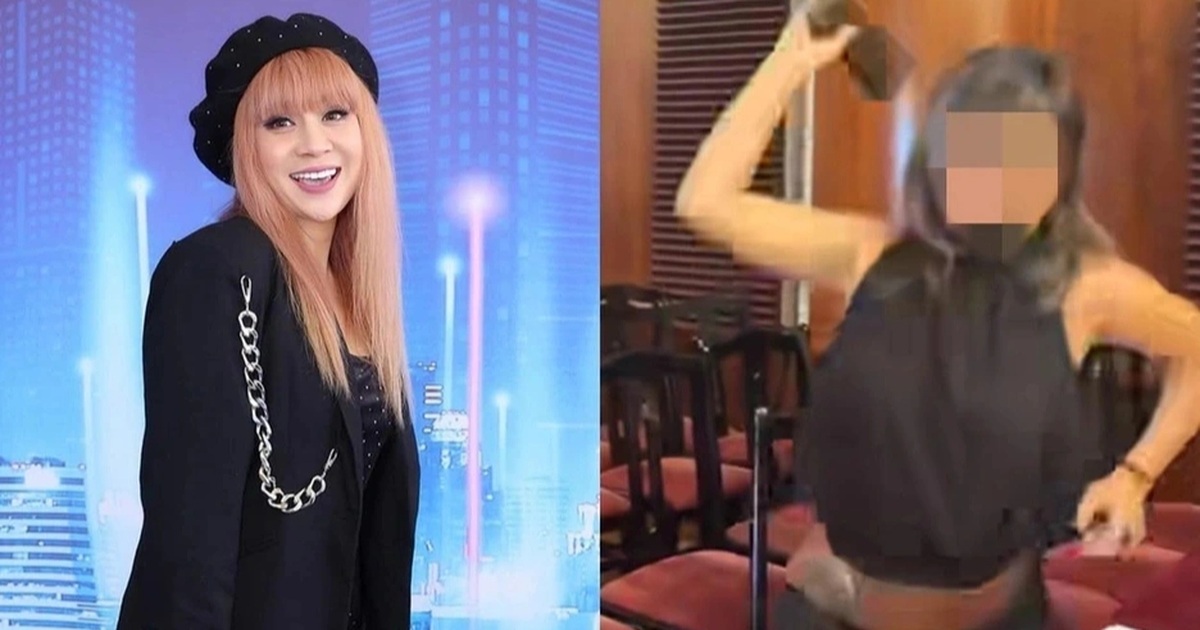



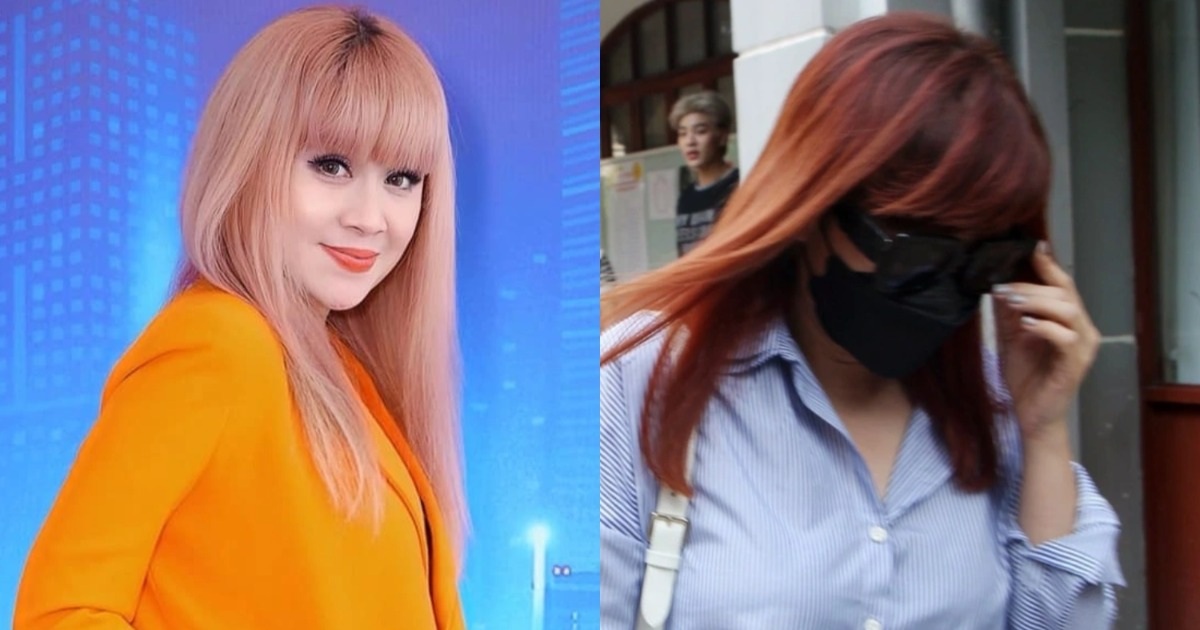





















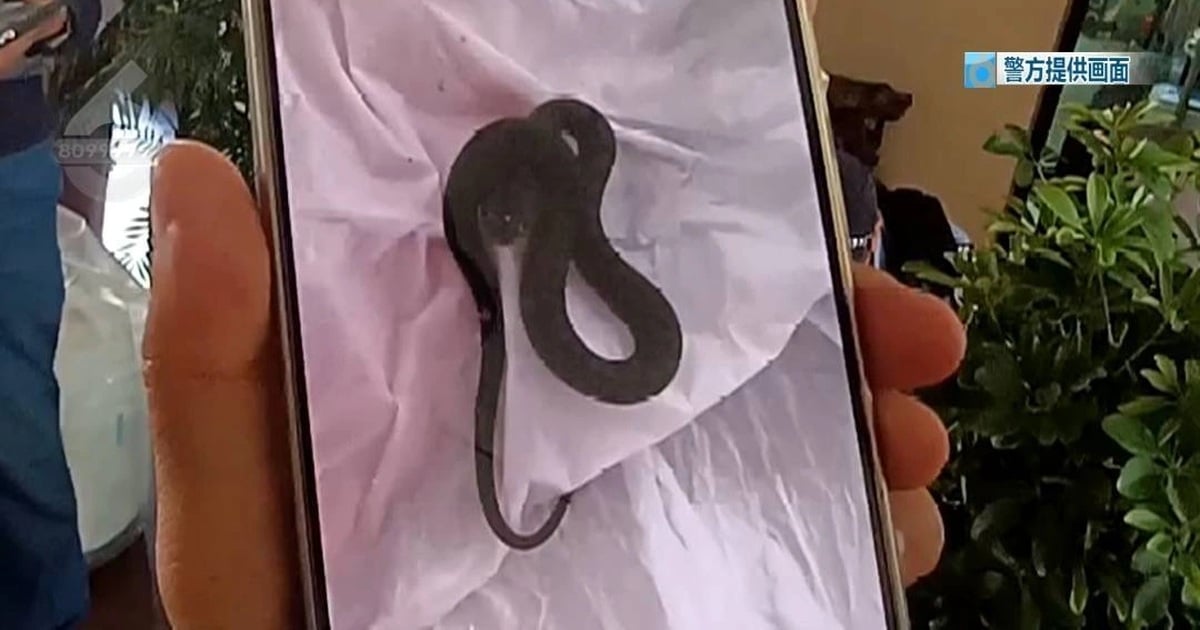
































































Comment (0)